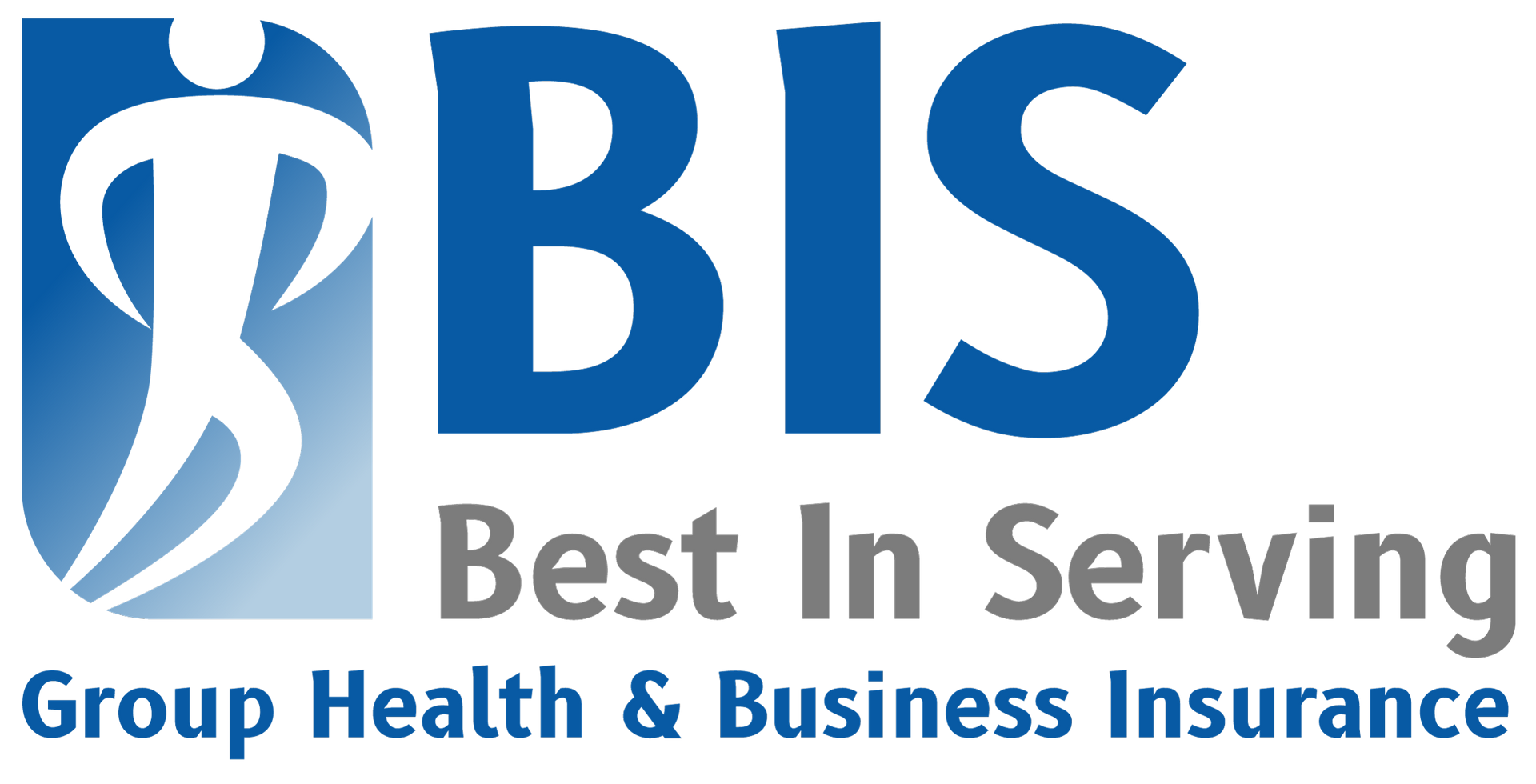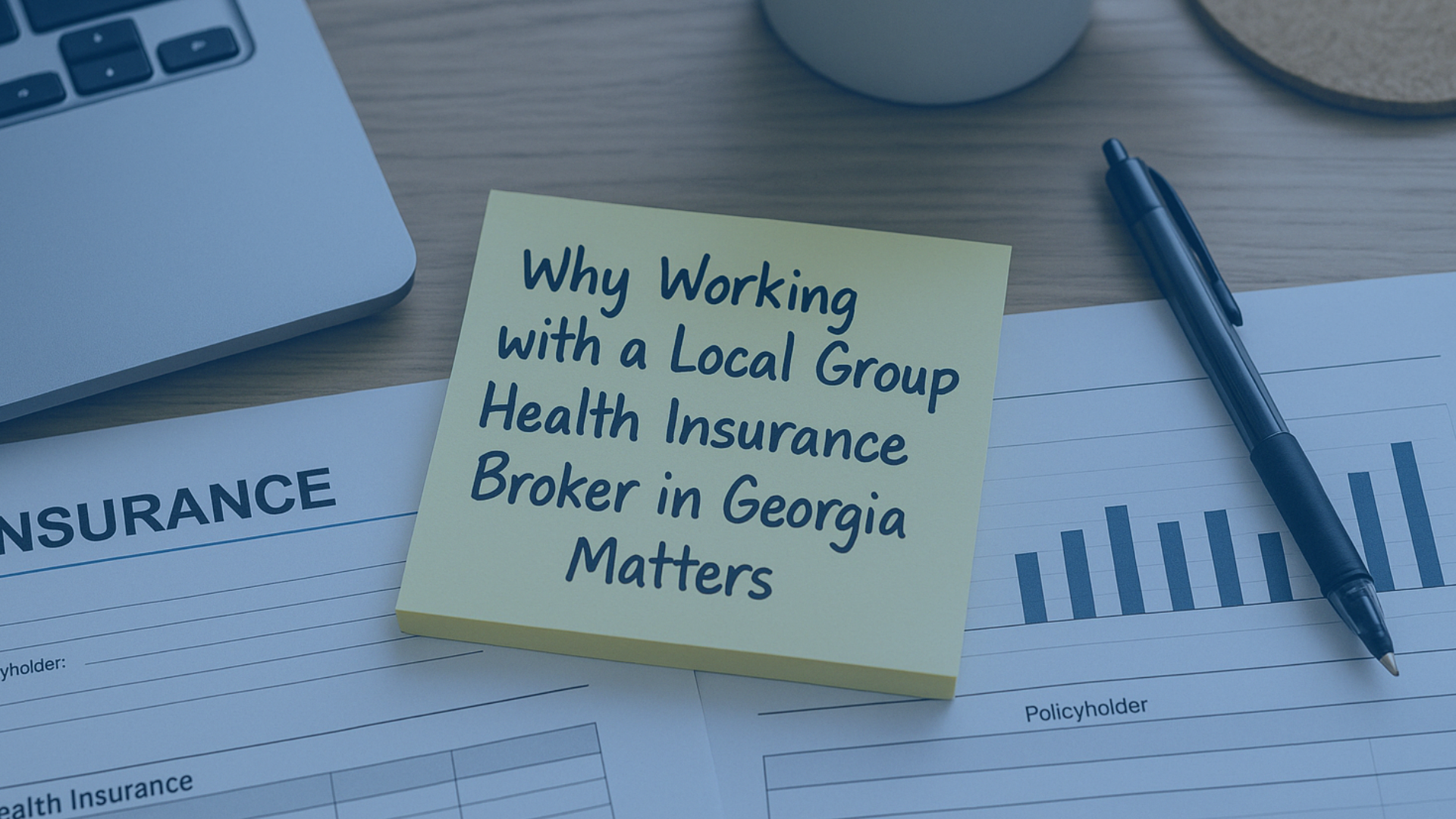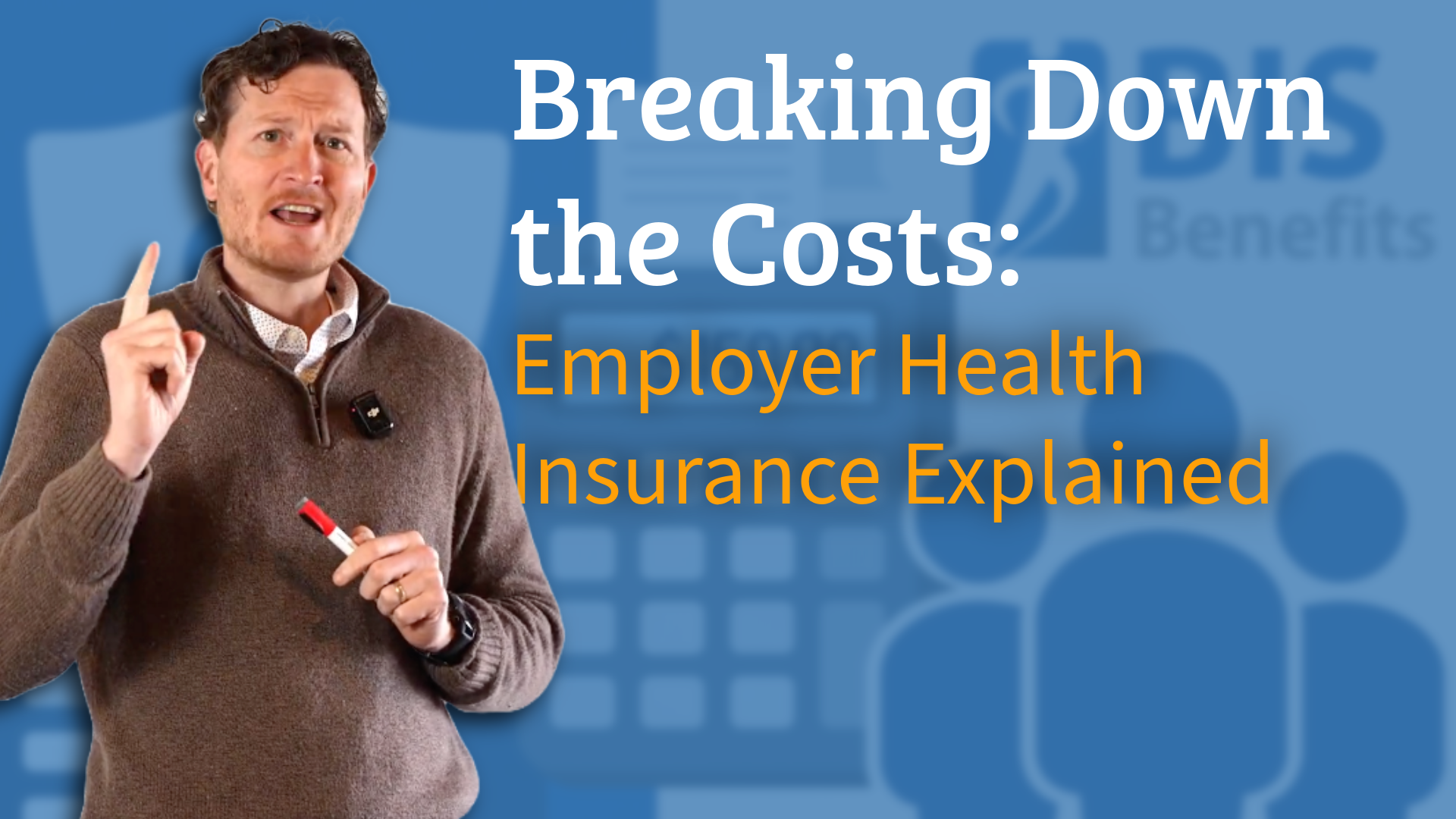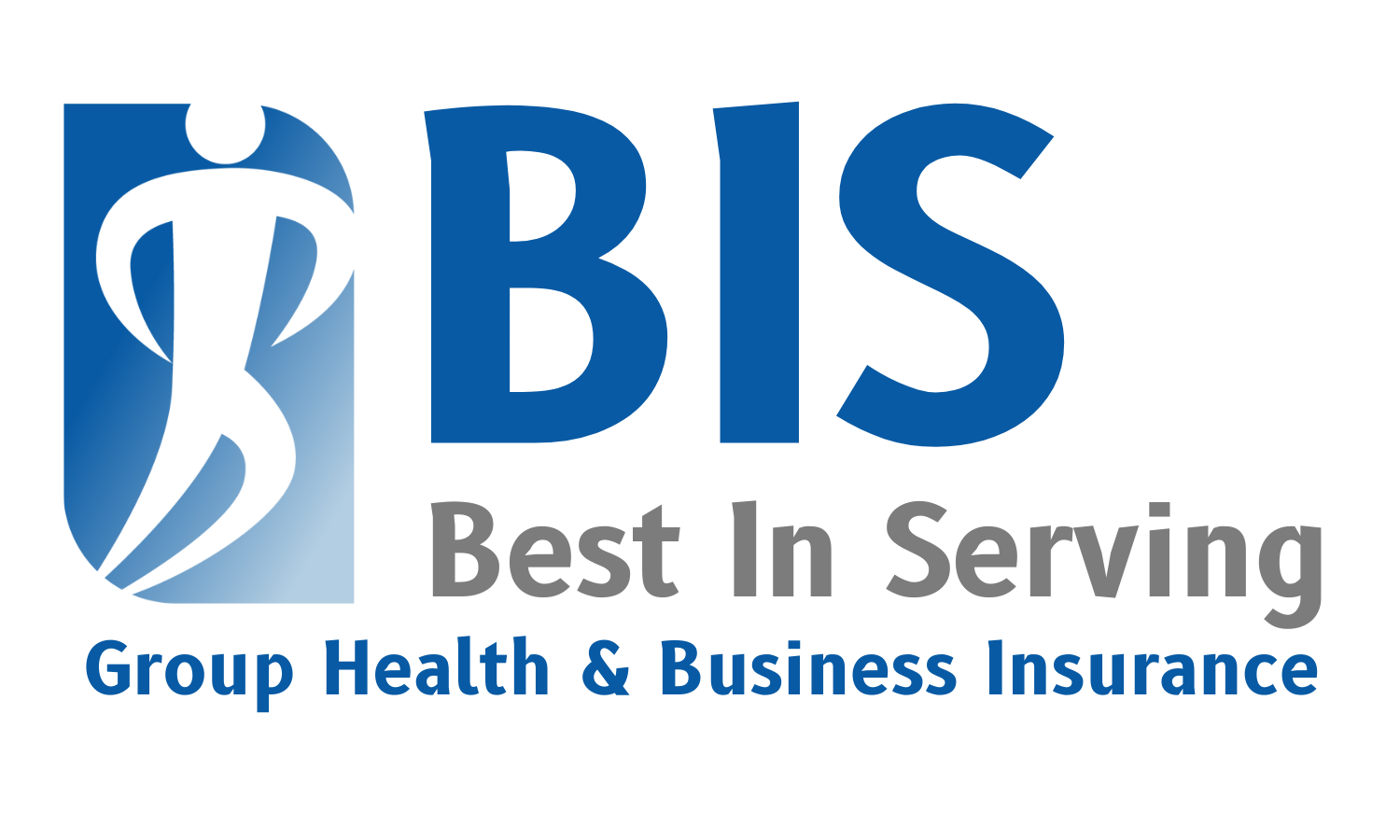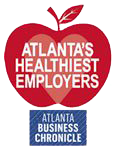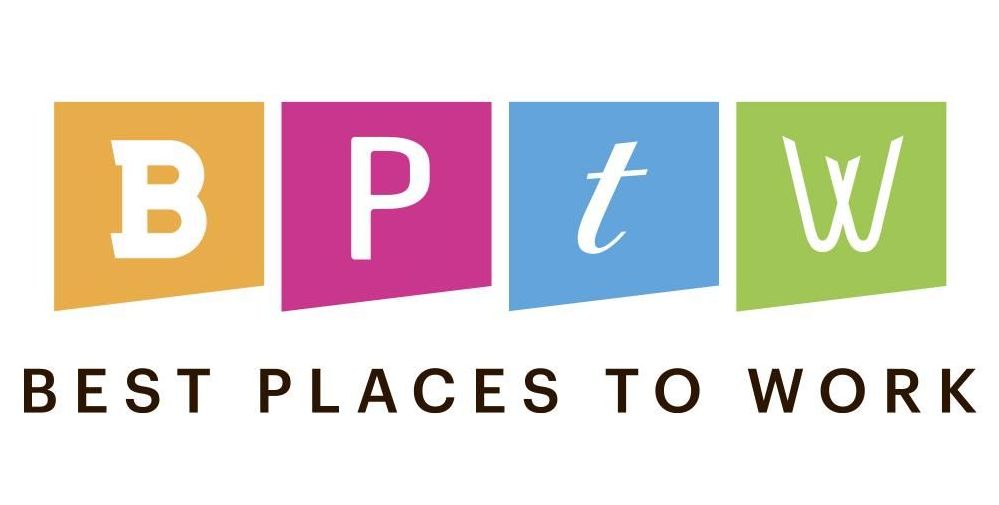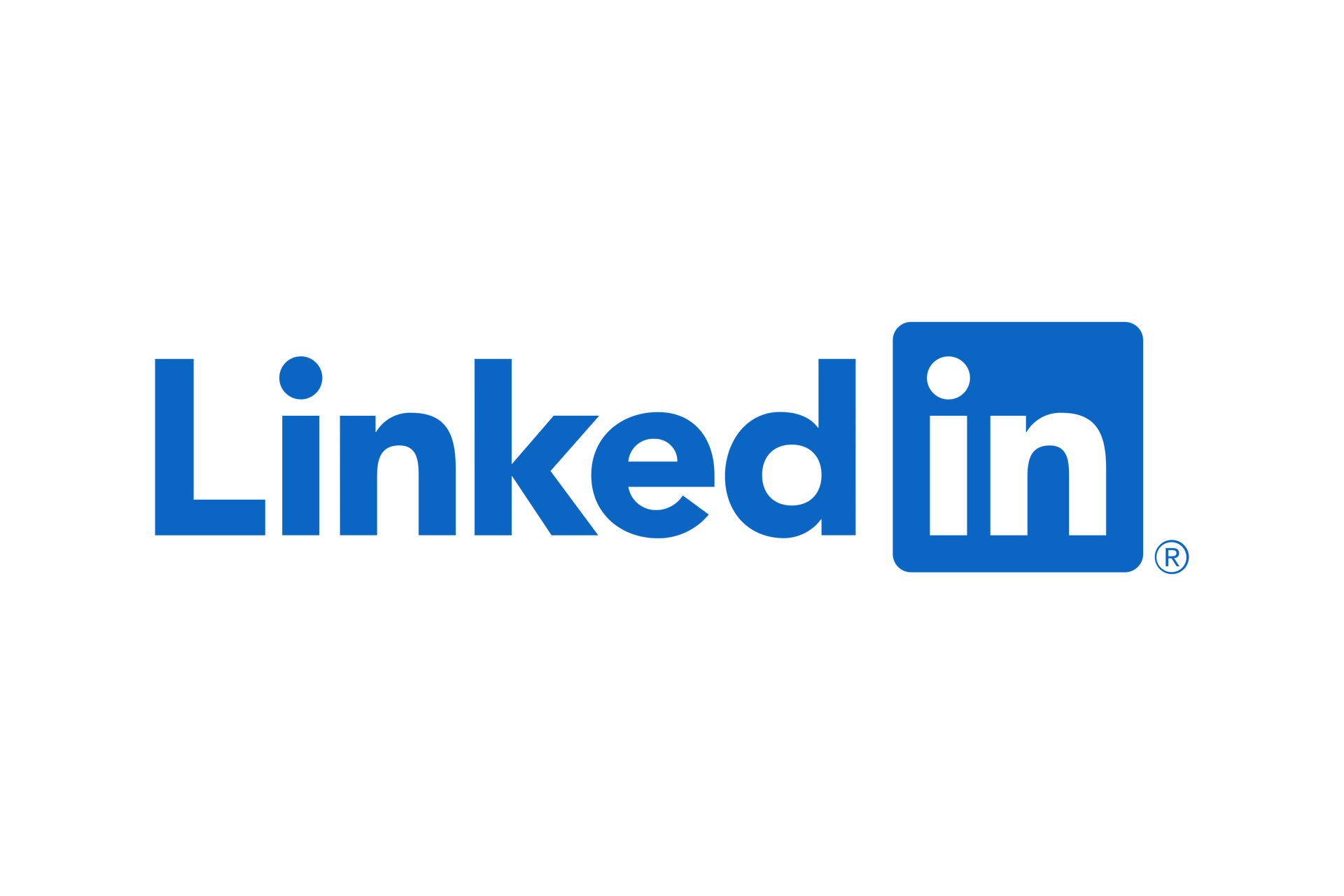What Is Commercial Property Insurance?
Written by: BIS Benefits

It doesn't matter what type of business you're running or even the industry that you're operating in - all organizations depend on
commercial property insurance. If you own the building where you operate, are currently leasing a space, or even if you work out of your own home,
this type of policy is still essential.
What Does Commercial Property Insurance Cover?
Commercial property insurance protects not only your physical place of business, but also its contents and exterior elements like fixtures or signage, from harm. Should the building suffer the unfortunate impact of a fire or sudden storm, the damage can be severe and commercial property insurance can help make sure you have the funds needed to get up and running again.
What Is Not Covered?
Generally speaking, commercial property insurance will not cover any issues that would require additional coverage to pay out. If you're in a business vehicle and cause a car accident, for example, that's not the type of situation this policy is for. Likewise, if a storm rolls through your area and causes a significant amount of flooding, that would be covered by a different type of optional policy that you may or may not have.
How Much Does Commercial Property Insurance Cost?
The amount of money that you'll pay for commercial property insurance will vary depending on a wide range of different factors. Not only does your business location matter a great deal (as an area with higher crime would be more expensive to insure, for example), but other elements like the age/construction of your building, your industry, and any optional coverage will also impact the price.
Factors to Consider in Commercial Property Insurance Coverage
The number one thing to consider when looking into any type of commercial property insurance policy involves making sure that it aligns with what you're actually trying to accomplish. Again, there are a number of things that will not be covered and if you're concerned about them, this doesn't mean you shouldn't get commercial property insurance. It means you should get a supplemental type of coverage, too.
Case in point: flood damage. If your business operates in an area where flooding is a legitimate concern, you'll want to talk to your insurance broker partner about adding this to your overall policy.

If the area you're in hasn't had flooding in decades, or it is generally very unlikely, this probably isn't something you have to concern yourself with quite as much.
Another great example of this would be something that happens while you're out of the office. If part of your job requires you to travel to a client's location, and you unfortunately damage something while you're there, this type of property damage is not covered under your own commercial property insurance policy. It could be covered by theirs. However, you would be covered under a general liability insurance policy that you've invested in as well.
Some of this may seem inherently complicated, but it's important not to overthink things. This also helps to illustrate why it's so important to choose a knowledgeable, experienced partner like the team at BIS Benefits in the first place. They can help you make the most informed decisions possible regarding what type of coverage you need and where you should be devoting your attention to operate your business free from worry or restriction.
Businesses That Benefit Most From Commercial Property Insurance
In a larger sense, remember that any type of insurance coverage is designed to protect you in the event that something goes wrong. The more likely a devastating event is to occur, or the higher the damage you would be forced to deal with should said event happen, equates to how much you can benefit from a commercial property insurance policy.
Generally speaking, those organizations (specifically small business owners) who have the most to gain from investing in the right type of commercial property insurance include those that:
- Own the physical building that their business operates out of.
- Those who rent or lease an office, or some type of storage space where important files or other materials are stored.
- Businesses that depend heavily on an inventory of products that they sell to customers.
- Any organization that relies on certain business assets, like computer systems or specific types of office equipment. If losing access to that equipment means you would be unable to function, you naturally want to protect that as much as you can.
- Businesses that store records or documents in one location.
If any of those match the type of business you're running (and it's likely more than one will be true), you should invest in a commercial property insurance plan as soon as you're able to do so.
Looking for a Commercial Insurance Partner in Georgia?

At BIS, we understand that your business is more than just the sum of its parts. It's something that you've put an incredible amount of time, energy, and money into building - and you don't deserve to see anything happen to that.
Events like fires, storms, theft, and even vandalism do unfortunately occur. If you should lose computers, equipment, furniture, personal property, or other essential assets during that time, it shouldn't bring your business to its proverbial knees. That's why we want to help you find the right commercial insurance policy to protect everything you've worked so hard to achieve. We can also help with employee benefits and other elements to help make sure your successful Georgia business stays that way.
If you'd like to find out more information about commercial property insurance in Georgia and whether your business actually needs it, or if you have any additional questions that you'd like to discuss with a team of professionals in a bit more detail, please don't delay - contact BIS Benefits today.
